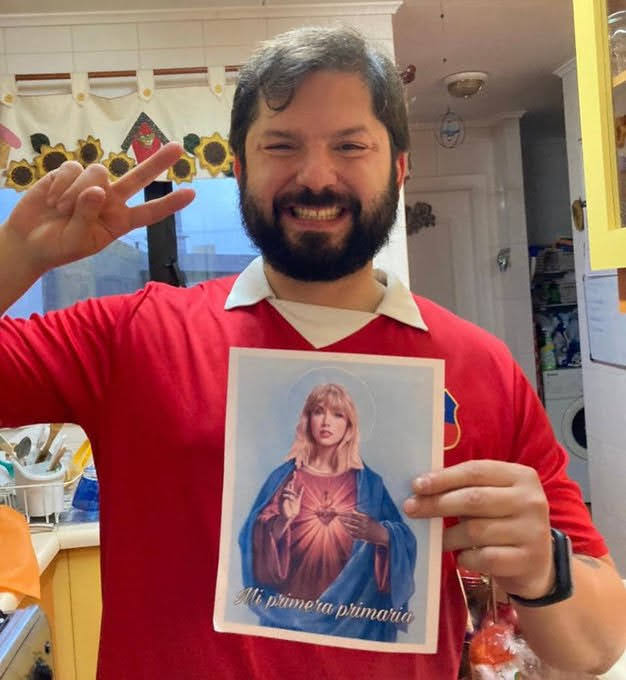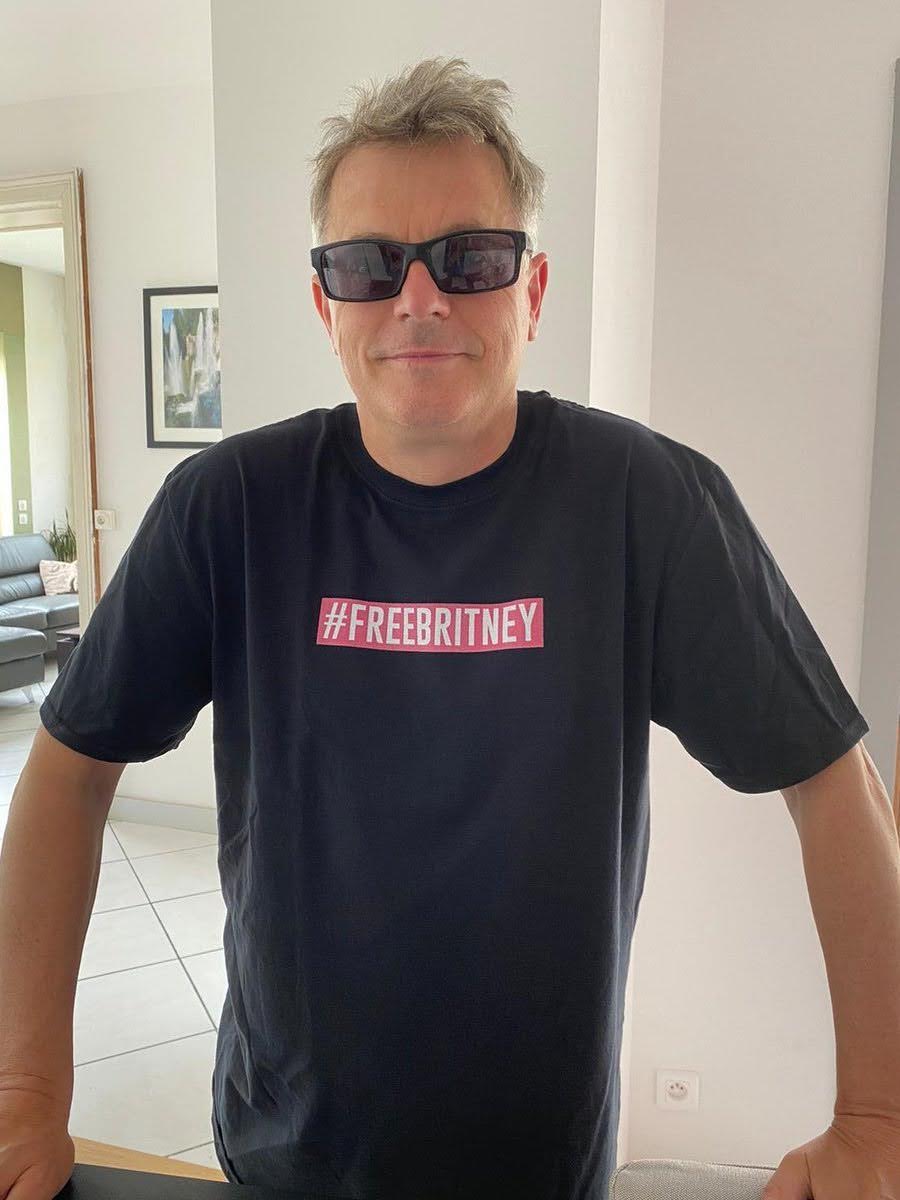Pollitt on Srinivasan
The Right to Sex is clever, well-written, and worth reading, but I don’t quite understand why it’s received so much attention. Srinivasan was even profiled in British Vogue, hardly a bastion of socialist feminism. Perhaps her tendency to avoid hard conclusions is part of the appeal. Then, too, attacking earlier generations of feminists is always popular. As is sex. What is most striking to me about the book is the near absence of most of the issues that have historically been feminism’s major concerns. There’s almost nothing about marriage, motherhood, child care, equality with men in the workplace, domestic labor, political representation, reproductive rights, misogynist culture, women’s health, the medical pathologizing of women’s bodies and minds, the continuing power of sexism to shape women’s expectations and behavior from birth, and the myriad obvious or subtle ways so many women are pushed, little by little, into becoming the support system for a man. The urgent and growing threat of fundamentalist religion and semi-fascist nationalist movements around the world goes unmentioned, as do the millions of mothers who were forced out of their jobs, some permanently, when the pandemic closed day-care centers and schools. It’s a truism of reviewing that you have to permit a writer her choice of subject; you can’t blame her for not writing a different book (it’s also true that the overambitious subtitle “Feminism in the Twenty-First Century” is an add-on for the U.S. edition). Still, I found myself wondering if the most important issues in the lives of most women have been around so long, with so little fundamental improvement, that we’d just rather talk about something else. Like incels and pornography and professors who sleep with their students.
Smart but too polite. Since I skimmed the book using word searches I missed some amazing bits of rationalizing and self-justification.
From, Coda: The Politics of Desire
21. If this is right, in what sense is political lesbianism, as Andrea Long Chu insists, a failed project?
22. In an interview Chu responded at length to ‘The Right to Sex’. She acknowledges the phenomenon with which I am concerned: ‘Obviously something like “no fats, no femmes, no Asians” is a desire that has a history, and has a politics, that can be described by reference to political processes: imperialism, white supremacy, and also, like, the world-historical defeat of the female sex.’ But she adamantly resists the idea that we can or should do anything about it. ‘I can’t stand body positivity,’ she says, alluding to my discussion of Lindy West. ‘I cannot stand it. It is just anathema to me. It’s moralizing. It’s really fucking hard to figure out a way to tell people to change their desires that isn’t moralistic.’[6]
23. Is there no difference between ‘telling people to change their desires’ and asking ourselves what we want, why we want it, and what it is we want to want? Must the transformation of desire be a disciplinary project (wilfully altering our desires in line with our politics) – or can it be an emancipatory one (setting our desires free from politics)?
[6]- "Wanting Bad Things" Long Chu and Anastasia Berg
ALC:...The story that begins the article is an account of me in high school, long before I’ve transitioned. I’m on the athletics bus as the manager of the girls’ volleyball team, and I’m the only boy on the bus, and we’re driving to an away game. And it was like this really intense erotic experience for me. And one of the things you do as a trans person, especially if you don’t have the luxury that some of us have of sort of always having felt “this way,” is when you do transition you go back and think, Okay, so what are the signs? So I was looking for signs. And this bus ride seemed to be demonstrative of something, of a way that I sort of felt without knowing that I felt that way. So that was where the piece came from in terms of some of the more personal aspects, but it was a lot of things I’d just been thinking about, and sort of dying to say and not feeling like I had a space to say it.
AB: You conclude the story of being on the bus by saying, “The truth is I have never been able to differentiate liking women from wanting to be like them.” And I think for some readers who are less familiar with how debates within feminist discourse and trans discourse have been going on this could sound pretty innocent. But actually this isn’t very much an innocent statement at all—to talk about liking women and wanting to be like women in one and the same breath—because this is the kind of thing that has been used as an accusation.
ALC: Oh, absolutely. Something that’s kind of lurking in the background in this piece that doesn’t get discussed explicitly, I don’t think, is that the first accounts of transsexuality and transvestitism—we’re talking about Magnus Hirschfeld and the Institute for the Science of Sexuality in Berlin in the early twentieth century—those first accounts are sexual accounts. Transsexuality and transvestitism are understood as being essentially erotic projects, you know. One hears an echo of that in the discourse around the bathrooms, for instance, as if the reason that trans women transition is so that they can have easier access to little girls in bathrooms. As a result, we’ve had a hard time talking about the role that desire, sexual desire, erotic interest—all of those things—play in transition, which is… it’s so—it’s so incredibly real.
AB: Why did that—transsexuality as having to do with desire—become something that got denied and replaced with the model that you discussed of identity?
ALC: Well, the problem with the Hirschfeld model or the models that followed, the difficulty with those accounts is that the sexual valence that was treated to transsexuality was a pathologizing one. That was a part of a way of marking it as a form of perversion, which is something that again continues to today. In recent sexology there’s this largely debunked theory that transsexual women are in fact men, and you can divide them into two categories: homosexual transsexuals, or straight trans women, and autogynephilic transsexuals, men who are aroused by the idea of being women.
An explicit defense of sexual "Orientalism", fetishizing the other. When liberal optimism accepts the demimonde, some pathologies need to be recategorized. Cosmetic surgery for men who want to be women is accepted, and thus also and secondarily, for women who want to become men, but women who want to look younger to attract men are just sad. Political lesbianism may be more necessary than ever.
"They said they would strangle me with a belt if they were in a room with me and Hitler. That was so bizarrely violent, just because I won't have sex with trans women."
And clicking down the rabbit hole of rationalism, Berg, a professor of philosophy at Hebrew University of Jerusalem and an editor of The Point, recommends an article, by Gal Katz, with a quote: "I’m from Palestine myself, or as I like to call it, 'a place usually designated as Israel." Men are the new women; Zionists are the new Palestinians; Rachel Dolezal is still a liar. As I said years ago, all that's clear is that blacks as a group get the benefit of a knee-jerk sympathy from liberals that women as a group do not.
Back to Srinivasan
48. I find this reduction of sexual orientation to genitalia – what’s more, genitalia from birth – puzzling. Is anyone innately attracted to penises or vaginas? Or are we first attracted to ways of being in the world, including bodily ways, which we later learn to associate with certain specific parts of the body?
49. Consider the gay men who express delighted disgust at vaginas. Consider the idea of the ‘Platinum Star Gay’, the gay man who, birthed via a caesarean, never even made bodily contact with his mother’s vagina. Is this the expression of an innate, and thus permissible revulsion – or a learned and suspect misogyny?
An innate and thus permissible misogyny. What a fucking idiot. Liberalism tying itself into knots.
We've come a long way in the Anglo-American analytic tradition, since 1985—"It was strange. My students were all obsessed with sex.... Not the idea of sex, or the meaning of sex, but sex!"—and then again, we haven't.
After going through the archives for the various repeats of that story, told by Callie Angel about a grad student returning to Columbia and the Journal of Philosophy after teaching summer school at Princeton, I'll go with this one.
"The banality of much of the the New York cultural scene is beginning to get to me." From 2003. My writing's gotten more informal, and less.
Srinivasan now has a tag.
This is still pretty good.







